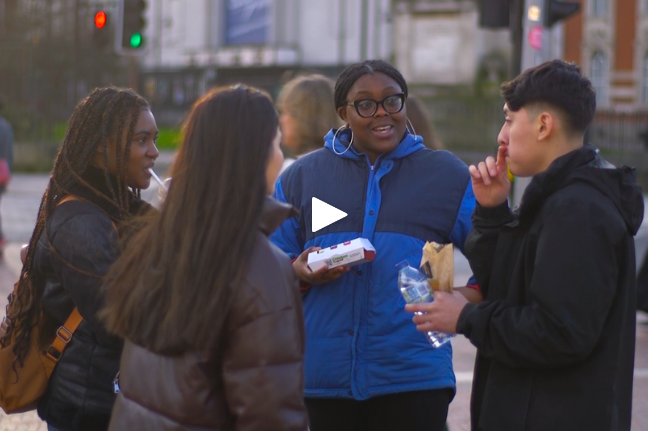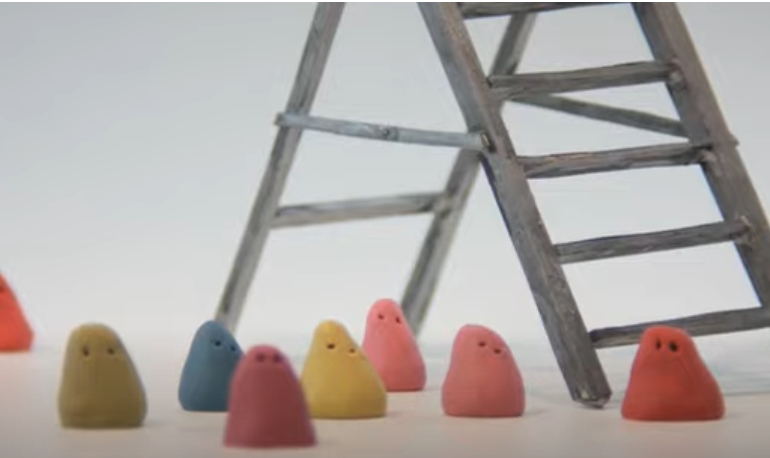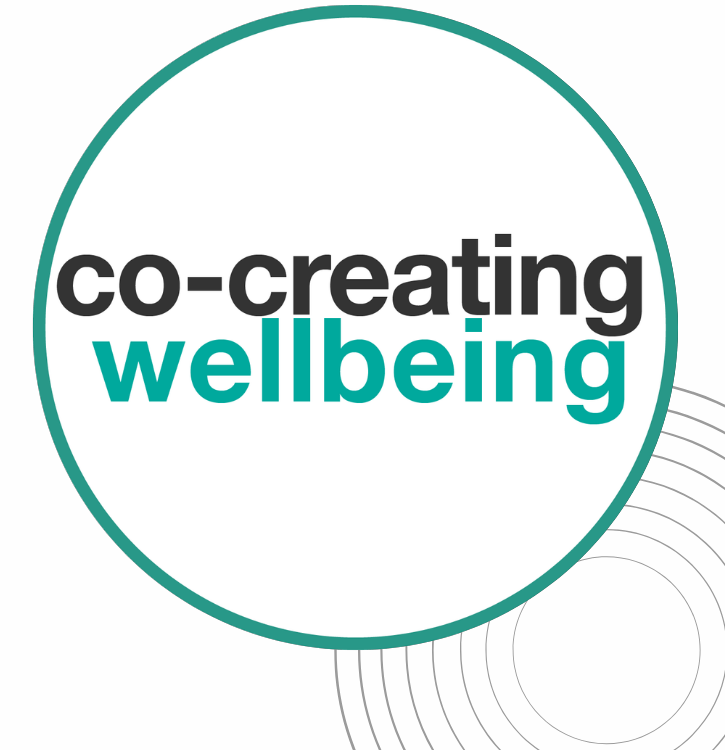Co-production Resource Hub
Use the filters below to find exactly what you’re looking for - browse from our categories.
Got a good co-pro resource to add to the hub? Get in touch!
This innovative project brought people living with a neurological condition into the heart of a new network, working together with the care and health professionals who support them to live at home.
In this blog for Co-production Week Scotland, Helen Berry discusses her research at the Binks Hub which explores research co-production and in particular, how different people and organisations come to value co-production and co-producing of research.
This Spotlight resource from our Co-production Guide has a step-by-step tips for facilitating a successful session and links to lots of useful resources too.
This Spotlight resource from our Co-production Guide takes you through the main things to consider when thinking about introducing a lived experience/experts by experience panel to your co-production work.
In this blog, Sam Jordan from Scottish Co-production Network explores some of the challenges we're facing around co-production - and the key questions to consider.
In this Co-production Week Scotland blog, the Scottish Government’s Open Government team discusses how the Open Government Partnership can support co-production.
In this blog, Pegs Bailey, National Third Sector Employability Partnership Engagement Manager, shares how taking a co-produced approach to planning employability commissioning strategy and infrastructure in Fife has led to better services.
This short animation from Our Museum introduces other models of participation – such as Arnstein’s Ladder of Participation - and highlights why participation is important.
This short film tells the story of how a local community association worked with their community, the local Council, and other partners to take on the running of their local community hall which was in danger of closure.
The article explores two case studies of co-production in Scotland and Australia and introduces the concept of the ‘5Ws’ of co-production: a framework of Who, When, What, Why ,and Where.
Stevan Sutherland describes how trust is essential in the co-productive process, reflecting on the co-production of a stigma toolkit which supports practitioners and families to take a more stigma-free and inclusive approach to delivering services in Scotland.
The article explores two case studies of how co-production of health services with those with relevant lived experience is intrinsically important to establishing a robust trauma-informed approach to primary healthcare.
This handbook, published in March 2024, provides a guide to good practice across the spectrum of participation.
People with lived experience can bring unique knowledge, novel ideas and challenging questions to discussions around the issues they’re experts in – but how, and how much, we really value lived experience can raise significant questions. This Scottish Government guidance explores these issues, and sets out the key principles and practical implications.
The article is titled: Adopting, implementing and assimilating coproduced health and social care innovations involving structurally vulnerable populations: findings from a longitudinal, multiple case study design in Canada, Scotland and Sweden.
Thom Stewart from An Áit Eile Cooperative shares a number of principles that are helpful in understanding co-production as an ethical approach to working with other people.
Yesmin Begum shares her insights into the Health Literacy Project that she is involved in as a member of the Katie’s Team, a women’s health advocacy group in London.
During Co-production Week Scotland 2023 we asked people to share their work and we’ve seen some amazing examples of co-pro in action from a wide range of organisations and projects.
Michelle McBride, Volunteer Engagement Officer at VOX Scotland reflects on making co-production work and embedding these principles in their work. Voices of Experience (VOX) is Scotland’s mental health collective advocacy charity run by and for its members.
In this blog, Niamh Smith from Health CASCADE reflects on her experiences at our August Ideas Clinic and on some of the challenges involved in creating an evidence-based training package which can truly help people to plan, govern, and conduct co-creation projects.
This co-produced film was made by and features young people from Glasgow and London talking about the issue of school exclusion and their ideas and experiences.
In this blog, SCN’s Sheena Fletcher explores the challenges of identifying co-production and how we can capture examples that show it in action.
In this blog, Zsara McEwan from Glasgow Council for the Voluntary Sector (GCVS) reflects on the creation of a co-design remuneration and rewards policy which was co-designed as part of a wider project which aimed to change the way family support services are procured and designed.
Stronger Together is a short illustrated guide which has been published by the National Institute for Health and Care Research (NIHR) to introduce members of the public to the key principles and practices of co-production in research.
This report from the Joseph Rowntree Foundation (JRF) looks at the Carers Co-design Project which is a joint piece of work between JRF and London Unemployed Strategies (LUS) to co-design policy recommendations that address poverty and/or its related issues facing unpaid carers.
In this blog, Paul Stevenson from Bethany Christian Trust, reflects on his experiences presenting and sharing ideas at the co-pro ideas clinic in April this year.
Developed with the With Us, For Us Lived Experience Project Group (LPEG), this comprehensive set of resources from the Scottish Recovery Network provided an opportunity for people living with trauma and/or who have been given a diagnosis of personality disorder to share their experiences of services and their ideas for change in a suite of co-produced resources.
This lovely short film is a great way to explain why co-production matters, in a friendly and accessible way.
Are you interested in learning more about co-creation and how you can apply it in your practice or research? This online course might be for you!
Health CASCADE is a Europe-wide research project that focuses on co-creation and is tasked with developing a set of guidelines and tools, grounded in evidence, to help researchers work with individuals and communities to improve health and wellbeing.





















